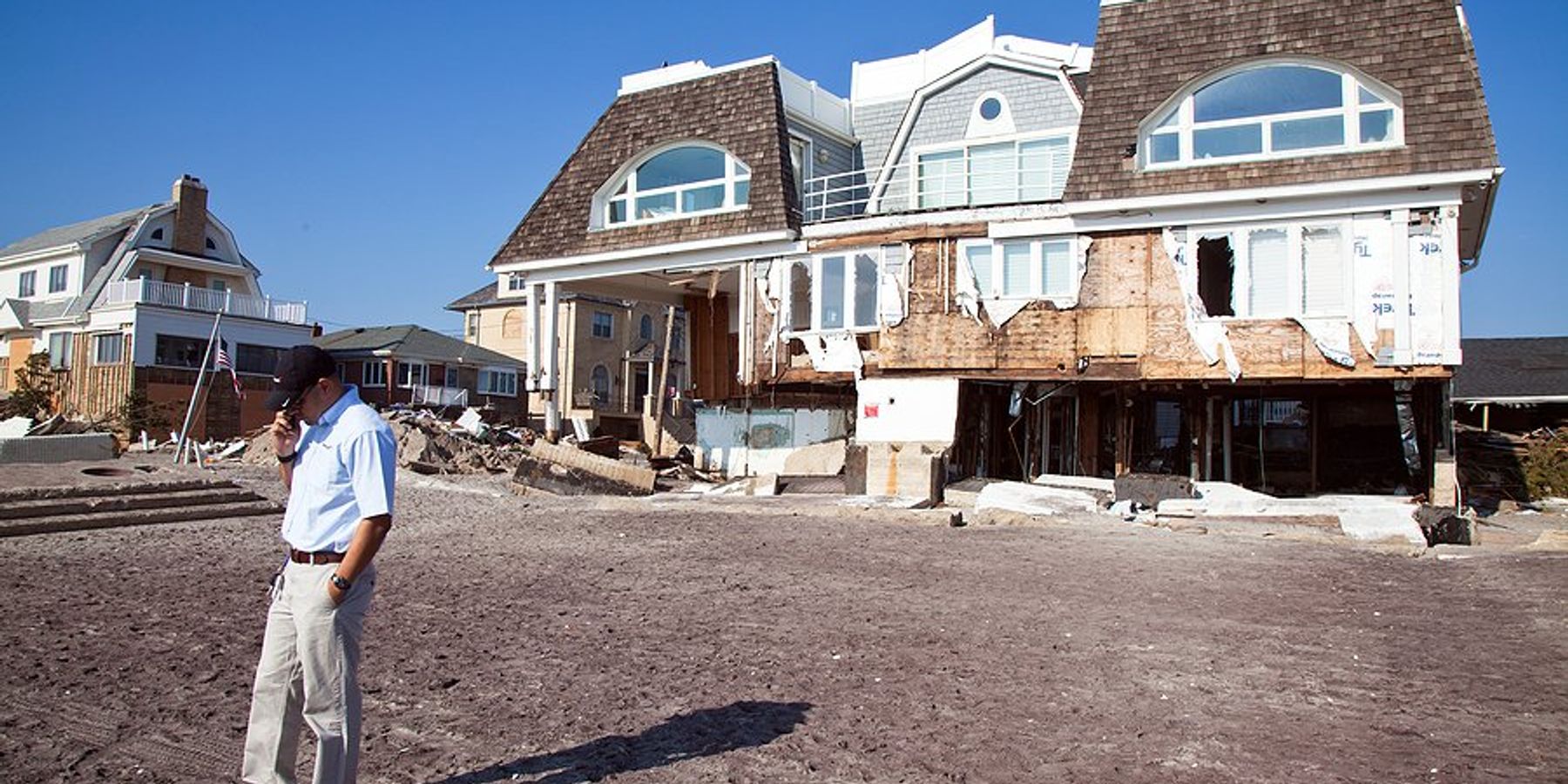
North Carolina communities wait on $115 million in delayed hurricane recovery aid
Nearly a year after Hurricane Helene, more than $100 million in preapproved federal recovery funds for North Carolina remains stuck at the Department of Homeland Security (DHS), leaving small towns struggling to cover cleanup and infrastructure repairs.
Brianna Sacks and Maeve Reston report for The Washington Post.
In short:
- Gov. Josh Stein urged DHS Secretary Kristi L. Noem to release $115 million in Federal Emergency Management Agency (FEMA) public assistance grants for about 100 projects, including debris removal, wastewater repairs, and bridge reconstruction.
- FEMA has provided $1.36 billion in aid since Helene, but a new DHS policy requiring Noem’s personal approval for expenses over $100,000 has slowed disbursements, with FEMA’s monthly aid to North Carolina dropping from $40 million to $6.5 million.
- Rural counties have spent millions from their own budgets, expecting rapid federal reimbursement, but now face financial strain that threatens basic services like paying first responders and maintaining waste collection.
Key quote:
“Cash-strapped local governments in western North Carolina need this money as soon as possible to keep essential services going, whether that is continuing recovery operations, paying first responders and teachers, or picking up trash.”
— Josh Stein, governor of North Carolina
Why this matters:
When disaster recovery funds are delayed, communities already reeling from storms can face a cascade of new crises. Small and rural towns often front the costs for cleanup, infrastructure repair, and emergency services, betting on timely federal reimbursement. Without it, budgets shrink, services falter, and recovery stalls — sometimes for years. Prolonged gaps in aid also deepen public mistrust in government disaster response, a problem compounded when climate change drives more frequent and severe storms. As hurricane seasons grow longer and more destructive, bottlenecks in disaster funding mean damaged roads, unsafe drinking water, and unstable housing remain part of daily life, with health, safety, and economic stability hanging in the balance.
Learn more: DHS reassigns FEMA workers to immigration hiring push as hurricane season peaks













